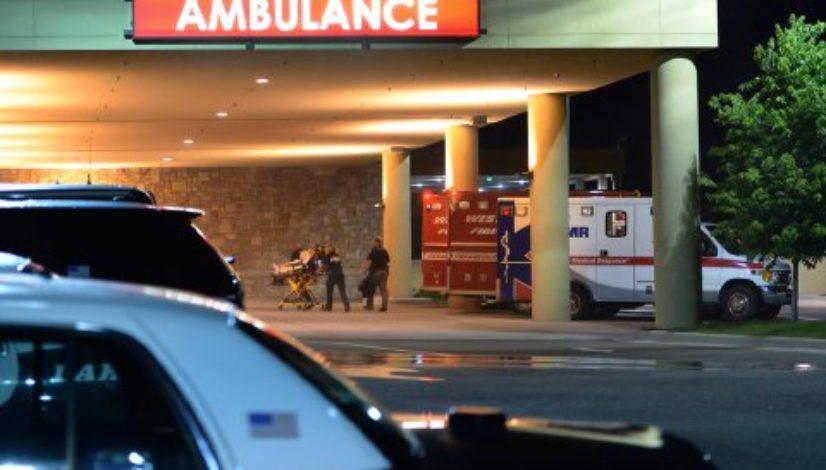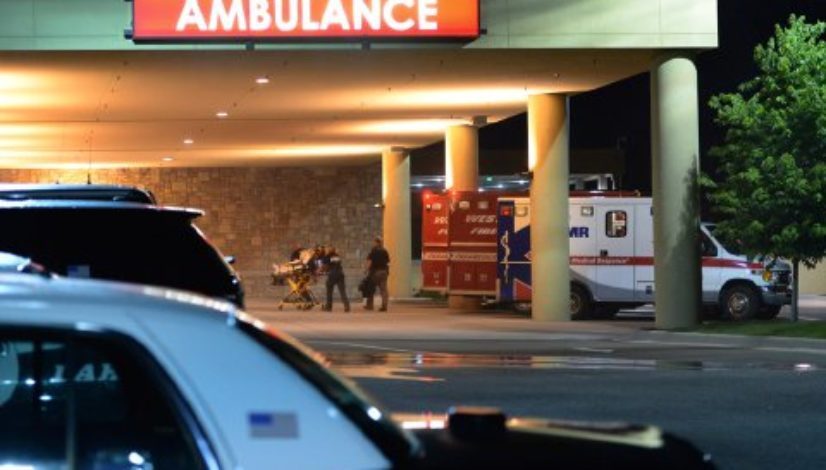Could Trump’s declaration of opioids as national emergency be used for Sessions’ war on drugs?

Published: Aug 10, 2017, 2:56 pm • Updated: Aug 10, 2017, 4:22 pm
By Christopher Ingraham, The Washington Post
President Donald Trump on Thursday said he considers the opioid crisis to be “a national emergency,” starting a process aimed at giving the federal and state governments more resources and flexibility to deal with the epidemic.
“The opioid crisis is an emergency, and I’m saying officially right now it is an emergency,” Trump told reporters at his golf club in Bedminster, N.J.
The president did not offer details of what his emergency declaration would entail, and he said his administration is working on the paperwork needed for the emergency declaration to take effect.
From a strictly practical standpoint the emergency declaration would have two main effects, according to Keith Humphreys, an addiction specialist at Stanford University (and frequent Wonkblog contributor) who worked in the federal Office of National Drug Control Policy under President Barack Obama.
Related stories
- Trump’s blame of Obama for opioid epidemic included skewed weed stats
- Study: Doctors received more than $46 million from opioid companies
- How Big Pharma is hindering treatment of the opioid addiction epidemic
- New Hampshire sues OxyContin manufacturer for role in opioid crisis
- Drug overdose deaths surged in first nine months of 2016
“First, it lets states and localities that are designated disaster zones to access money in the federal Disaster Relief Fund, just like they could if they had a tornado or hurricane,” Humphreys said. States and cities would be able to request disaster zone declarations from the White House, which would enable them to use federal funds for drug treatment, overdose-reversal medication and more.
“Second, declaring an emergency allows temporary waivers of many rules regarding federal programs,” Humphreys said. “For example, currently Medicaid can’t reimburse drug treatment in large residential facilities (16 or more beds). That could be waived in an emergency.”
Trump’s opioid commission recommended he make the emergency declaration, but his statement Thursday was an abrupt reversal from 48 hours ago, when Health and Human Services Secretary Tom Price, after meeting with President Trump, said at a press briefing that such a declaration was unnecessary. He added, however, that all options including a declaration of emergency were still on the table.
Groups advocating for a public health-centered approach to the epidemic are worried about what powers an emergency declaration would grant an administration with a fondness for “tough on crime” law enforcement tactics.
“We need to be cautious about the intentions of this administration,” said Grant Smith of the Drug Policy Alliance. “An emergency declaration can be used for good. It can help free up federal resources, help prioritize responses by the federal gov, help give the administration leverage to request legislation from Congress.”
On the other hand, Smith said, “all of those things I just mentioned could be used to further the war on drugs. It could give the administration leverage to push for new sentencing legislation. Or legislation that enhances [drug] penalties or law enforcement response. It could give [Attorney General Jeff] Sessions more leverage to push the agenda that he has been pushing.”
Humphreys points out that Congress could have addressed any of these issues legislatively in recent years, and it could have allocated billions in funding for the opioid crisis as well. But, he said, “the reality is that they have spent this entire year trying to cut spending on the opioid epidemic” via drastic cuts to Medicaid contained within the various GOP-supported Obamacare repeal bills that nearly became law.
In 2016 Congress did approve $1 billion in funding over two years for state grants to fight the opiate epidemic as part of the 21st Century Cures Act. But the epidemic shows no sign of relenting. The latest federal estimates released this week suggest the pace of drug overdose deaths accelerated last year.
Topics: Drug Policy Alliance, Jeff Sessions, opioid epidemic, war on drugs




